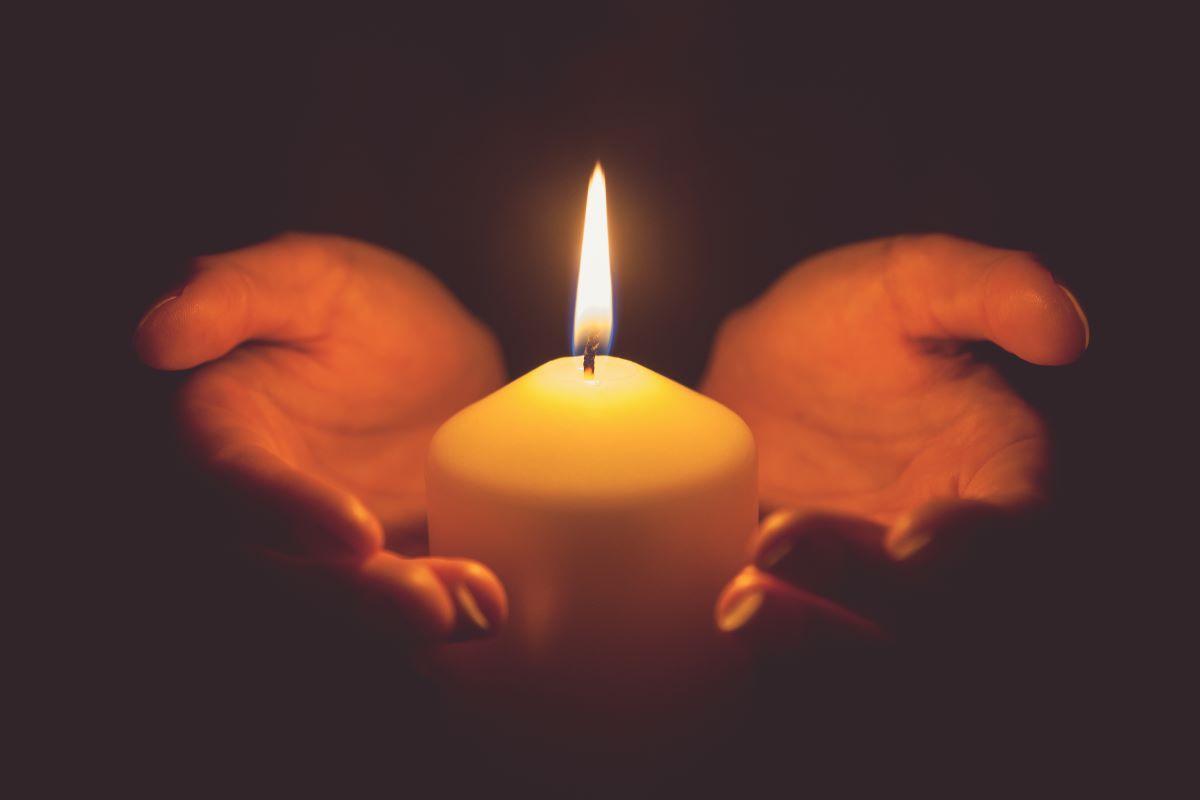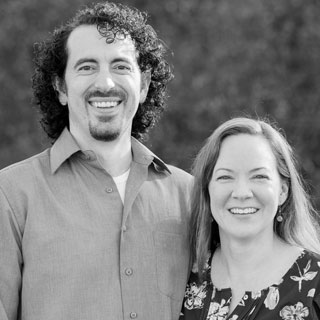
A Transforming Journey of Healing and Hope

Diaspora Communities Connecting to Bible-Based Healing Program
Small groups of people from specific language communities gather together for Christian fellowship and support – community to help on their journey as newcomers to Canada, or in other settled or secondary locations along the journey of displacement. They share deep bonds of language and culture -- and shared trauma. Churches and other community gathering places play a key role in providing these spaces, but online networks are also key to providing another way for community members to remain connected and encouraged in their faith. Particularly in contexts where exploration and embracing of a new faith is discouraged or prohibited, and where community members are spread globally due to their displacement crisis.
The connection to the Caring for Wounded Hearts program is made here in Canada – and soon experienced facilitators are brought together to lead these communities through the oral, Bible-based materials provided by the Trauma Healing Institute. These materials don’t just facilitate healing for individuals; they equip the whole community, however small or large, to move forward together, stronger and more resilient – effects of trauma slowly being transformed through Christ’s presence as they learn from and with each other – using the tools of relevant curated modern stories, Biblical narratives, and sound mental health practices.
Listening, Sharing, and Bringing Pain to God the Healer
The challenges they faced—language barriers, cultural differences, health crisis, the need for interpreting—are familiar to those working with refugee communities. Yet, with God’s grace, these obstacles are overcome, and people experience deep transformation, both individually and as groups. Participants share how the program taught them to listen more deeply, a big change from before where they gave advice quickly to appropriately show concern in their cultures. Through listening to others in their community, they find they can also hear God’s voice – and his advice – more clearly in their own lives.
The stories shared in these groups resonate deeply, helping participants internalize the lessons and grow in faith together. They feel a strong desire to share what they have learned with family members and others in their communities. In response to being prompted to share what they had discovered in each lesson, community members responded with greater understanding of the contrast between what we often do when we are suffering (keep it internally and try to ‘stuff it’ down) and Biblical examples such as Hannah (1 Samuel 1-2), and how she took her pain to God, who in return gave her joy and healing! They are encouraged to turn their hearts to God the Healer through stories like this one, and Scriptural truth: God heals the broken hearted and bandages their wounds (Psalm 147: 3).
Power of Christ’s Presence in Community
First, taking the pain to God (through Jesus) for healing, and then also finding someone trustworthy with whom to share the pain – and being a trusted community for each other in this. This is the power of God’s Word—it heals and empowers individuals to be healed themselves first, and then to become agents of healing within their own communities.
This experience highlights the potential of the "Caring for Wounded Hearts" program to foster a movement of healing transformation through global diaspora communities, whether in their resettled locations or scattered globally but virtually connected. After experiencing deep healing transformation themselves, individual community members can then become equipped with the training and materials to enable them to facilitate the program and lead their communities on the journey toward wholeness.

How You Can Get Involved
For those already making a significant impact in the lives of others who have faced forced displacement, the "Caring for Wounded Hearts" program offers a way to multiply that impact by empowering entire communities to heal together. It is designed to address the deep emotional and spiritual pain that many carry. It goes beyond individual tools; it offers a journey where communities can experience God’s healing love together. This shared journey creates a supportive environment where everyone can witness and participate in God’s transformative work.
To express your interest in experiencing a “Taster” of this program or bringing a "Taster” to your ministry community, fill out the Caring For Wounded Hearts Response Form here:
I want to experience this or get equipped!To read more about the Program, see our previous article: Caring for Wounded Hearts
A Prayer for the Journey
Heavenly Father;
We thank You for the "Caring for Wounded Hearts" program and for the ways You are using it to bring healing to those who have suffered so much. We lift up each person who has been touched by this program, praying that they continue to find comfort and hope in Your Word. We also pray for those of us who feel called to this work, asking that You help us respond with open hearts, ready to be Your hands and feet in the world.
Lord, guide us as we seek to bring Your healing to others – inspired by our own experiences of your transformative healing power internally in our places of deep pain and loss. Equip us with the tools we need, fill us with Your love, and lead us in the way of compassion and care.
In Jesus’ name, we pray.
Amen.

 After ten years of involvement in ministry in Oaxaca, Mexico with Wycliffe & SIL, Deb & Ramón Padilla joined Outreach Canada in 2021 bringing their skills and experience to serve existing diaspora ministries in the Greater Toronto Area, and across Canada. Their vision is to collaborate with local ministries to support more effective use and access to Scriptures and other resources in the minority languages of homeland communities of immigrants. Through networking with front-line diaspora ministries and churches, Ramón seeks to understand the various contexts and help connect and foster collaboration of resources and ministries for Scripture Engagement to flourish among diaspora communities. Through research and connecting with other researchers, Deb seeks to communicate information about language groups in the diaspora to those whose work it will inspire as they minister to these communities.
After ten years of involvement in ministry in Oaxaca, Mexico with Wycliffe & SIL, Deb & Ramón Padilla joined Outreach Canada in 2021 bringing their skills and experience to serve existing diaspora ministries in the Greater Toronto Area, and across Canada. Their vision is to collaborate with local ministries to support more effective use and access to Scriptures and other resources in the minority languages of homeland communities of immigrants. Through networking with front-line diaspora ministries and churches, Ramón seeks to understand the various contexts and help connect and foster collaboration of resources and ministries for Scripture Engagement to flourish among diaspora communities. Through research and connecting with other researchers, Deb seeks to communicate information about language groups in the diaspora to those whose work it will inspire as they minister to these communities.